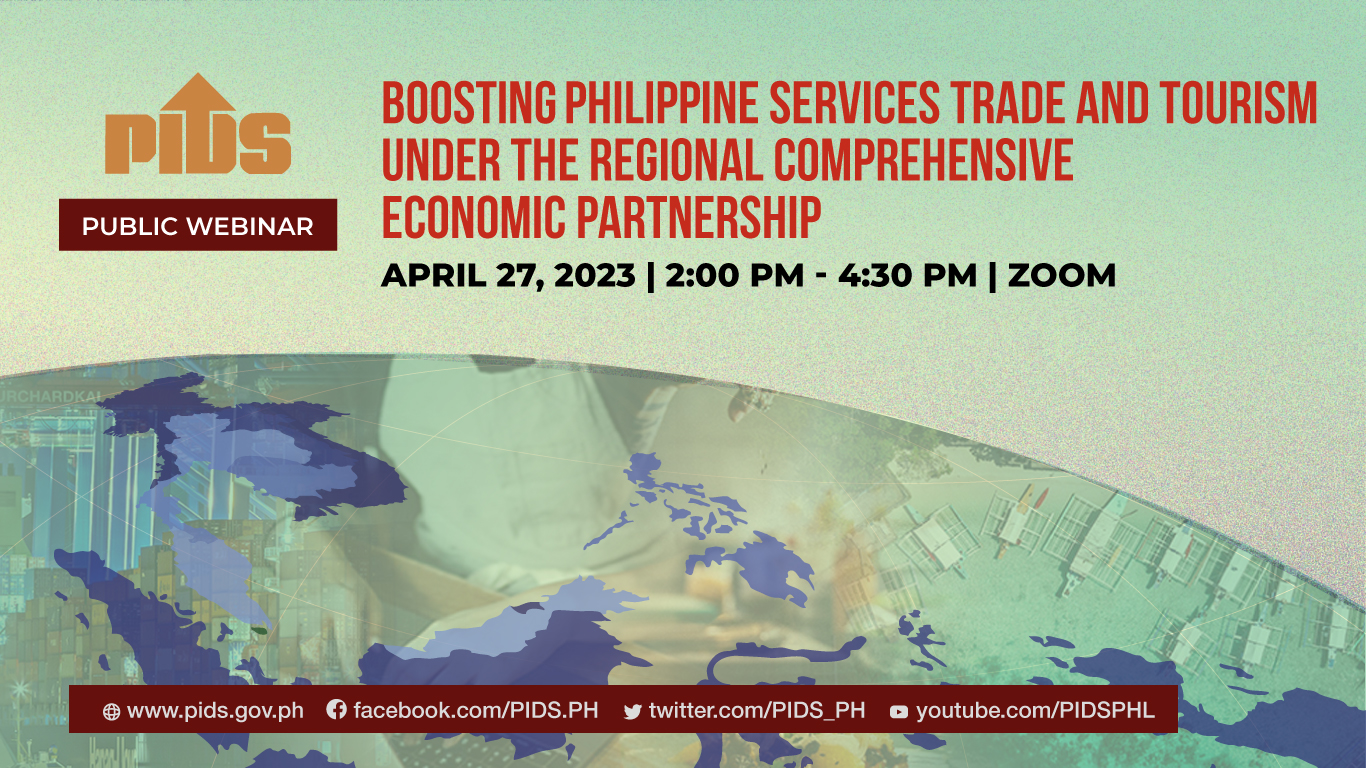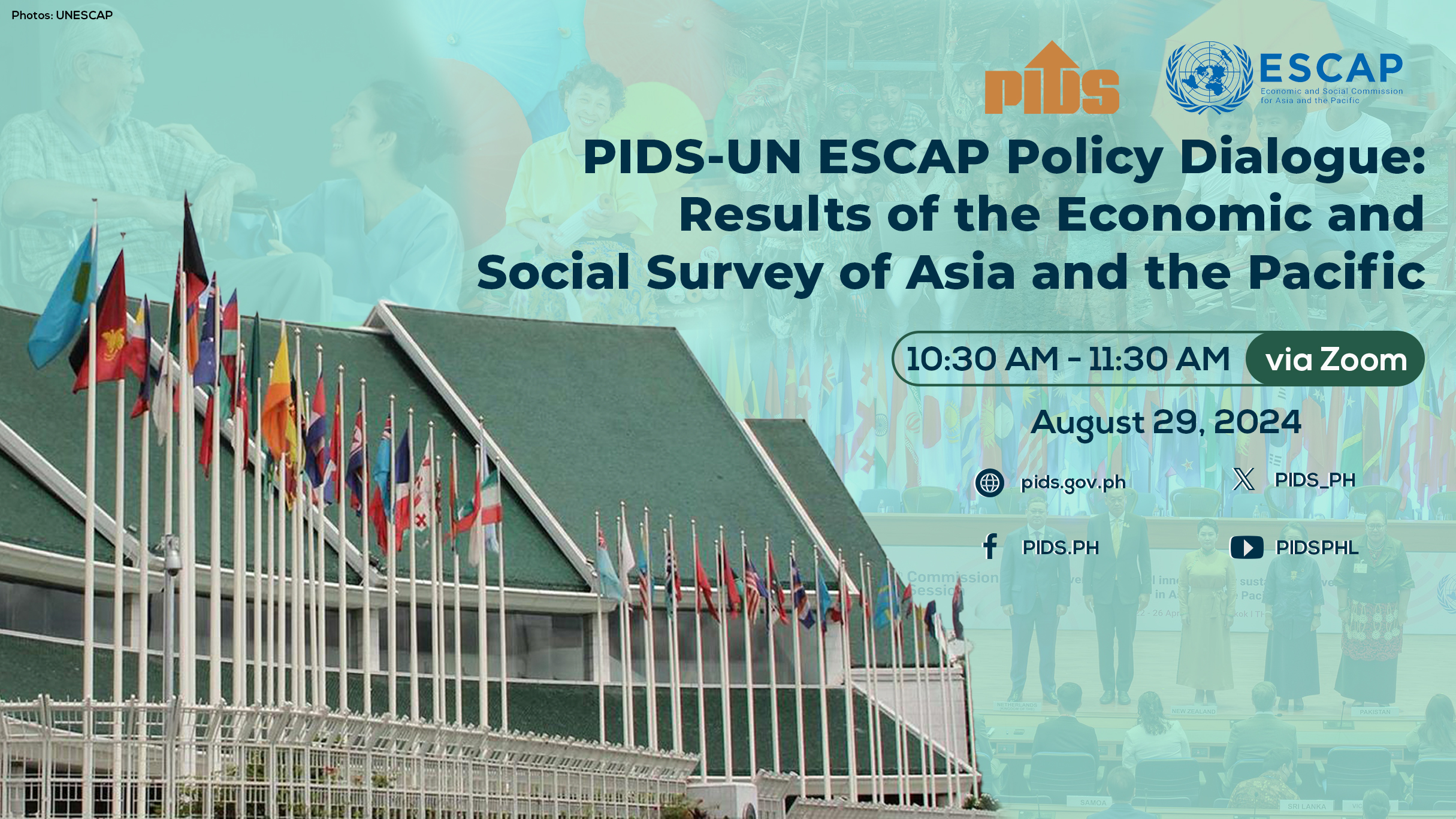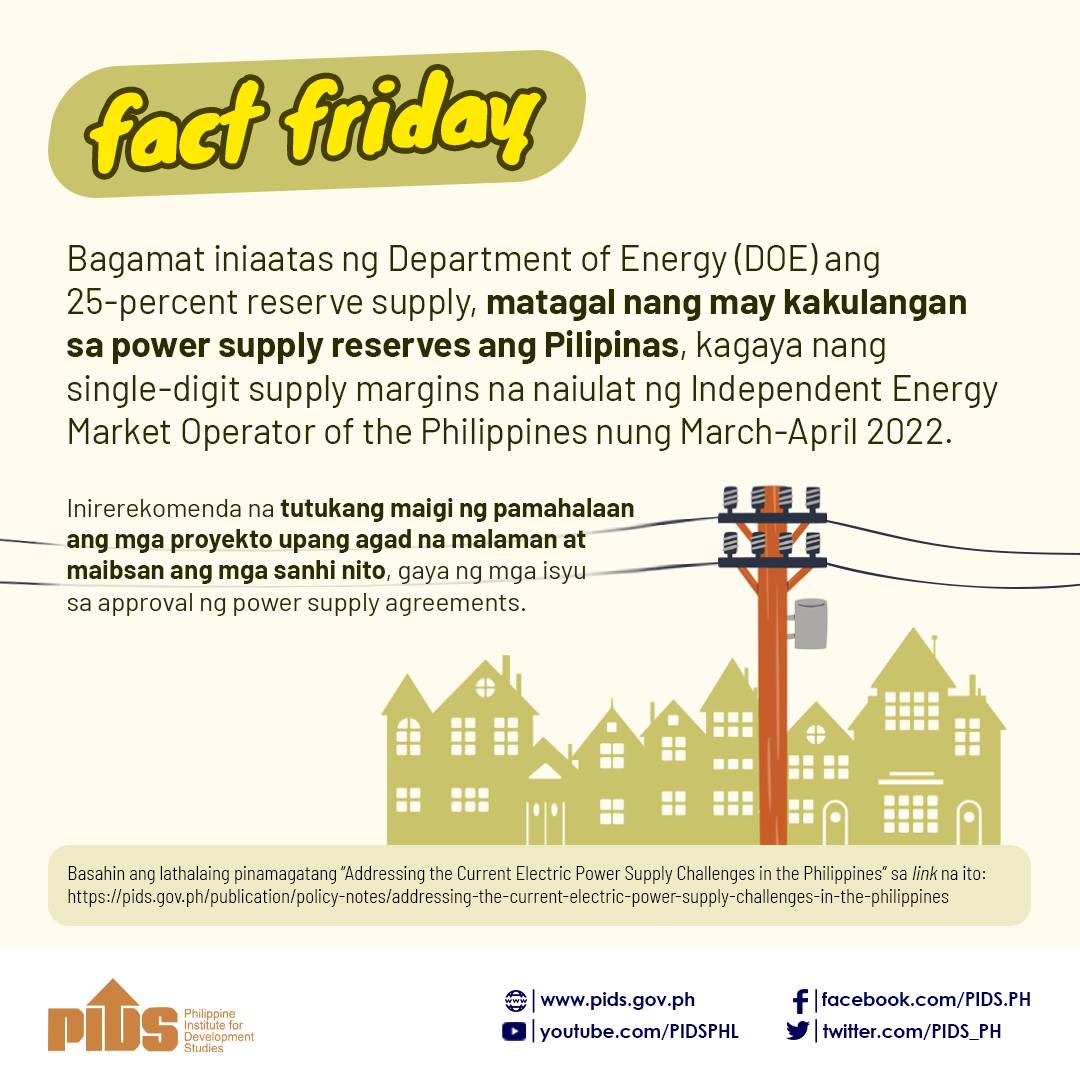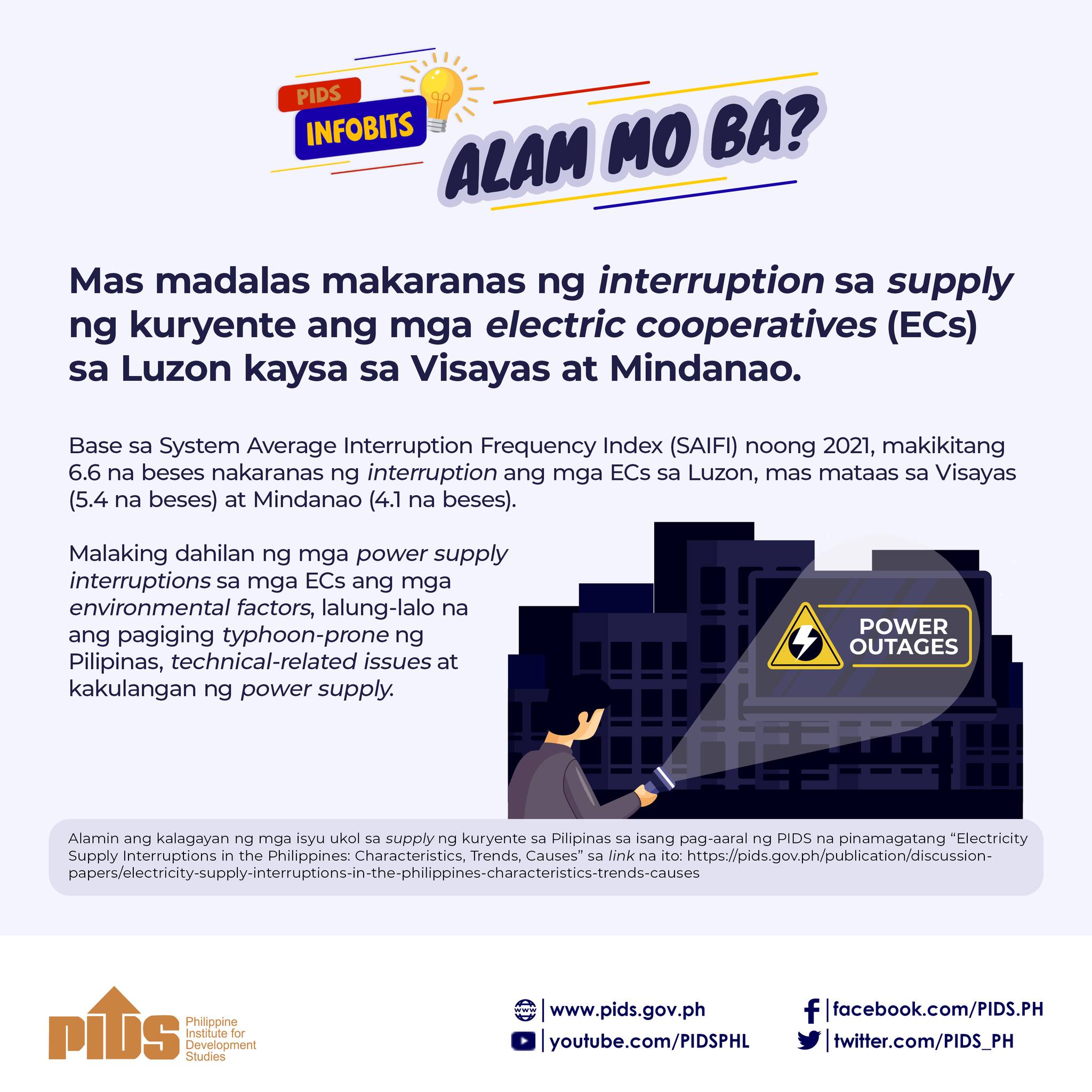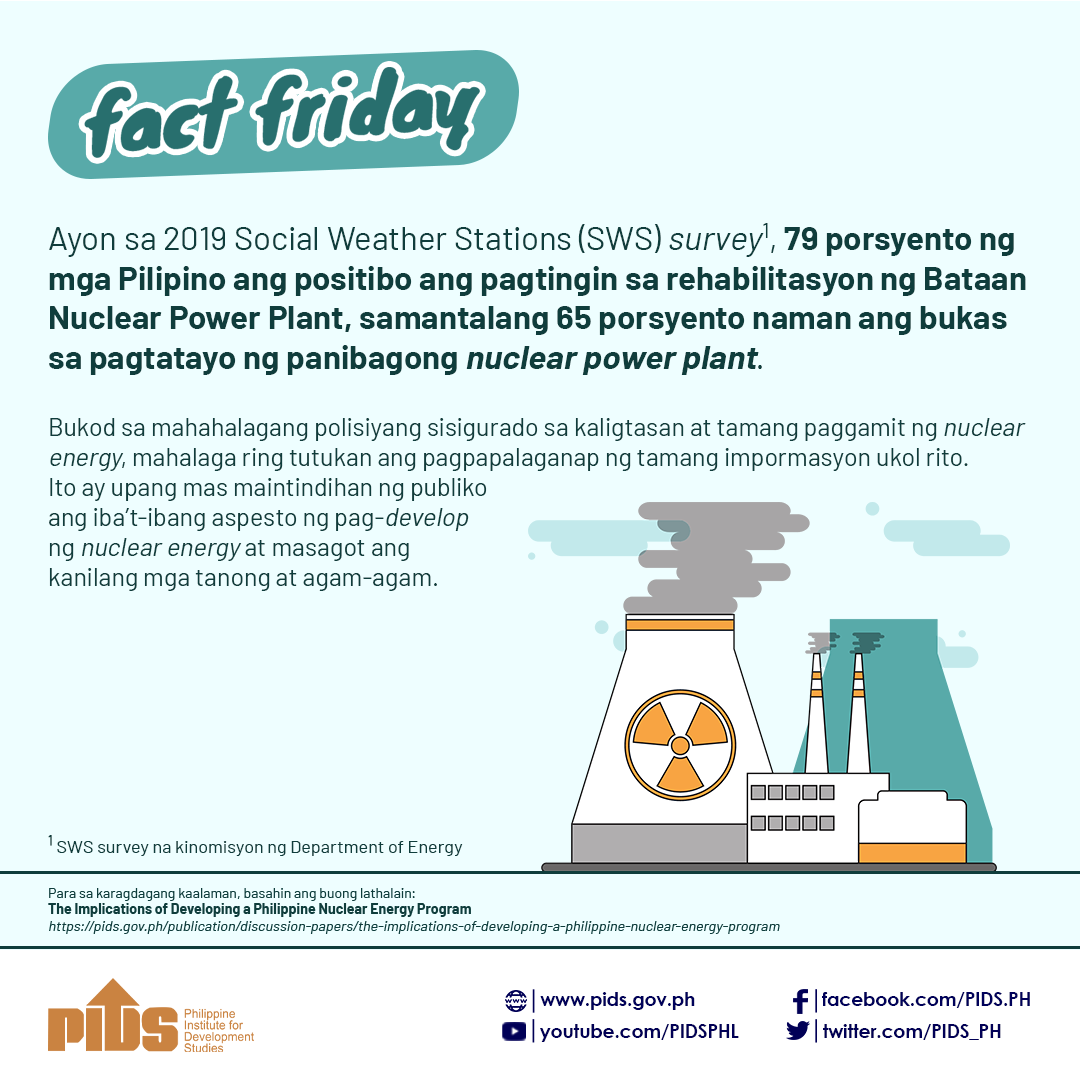The downgrading of the government’s quarantining measures to mitigate the spread of the deadly coronavirus pandemic—from modified enhanced community quarantine (MEQC) to general community quarantine in the National Capital Region and parts of Luzon, and from GCQ to modified general community quarantine (MGCQ) in other parts of the country—elicited mixed reactions from an anxious nation.
With losses to the Philippine economy projected to reach as high as P2.5 trillion due to the Covid-19 pandemic, according to a study by the Philippine Institute for Development Studies (PIDS) titled “Projected Disease Transmission, Health System Requirements, and Macroeconomic Impacts of the coronavirus disease [Covid-19] in the Philippines,” as published in the Philippine Star, the government, to avoid economic collapse, has to start its economic recovery efforts by allowing certain business and industry sectors to continue their operation after a two-month shutdown.
The most hit sectors include the manufacturing industry (losses of P82.1 billion to P855.2 billion), wholesale and retail trade (P93.2 billion to P724.8 billion), transport, storage, and communication (P11.7 billion to P124.3 billion), and other services (P41.5 billion to P356.9 billion)
However, I am amused, if not confused by the fact that the power generation sector is not even included in the equation of those considered to have been adversely affected by the Covid-19 pandemic, as seen in the various programs to mitigate the impact of the pandemic to the economy, consumers and the nation’s social well-being.
To emphasize the importance of power to any nation, in our last “Dito sa Bayan ni Juan” radio program with former Senate President Juan Ponce Enrile, the former Senator stressed that power is the heart of the economy. Manufacturing companies will not run without power, just as hospitals’ life-saving equipment like ventilators among others, cannot operate without power as well.
I have read and heard a lot about people’s concerns about their electricity bills, food supply and job security among others, and yet I haven’t read or heard anything from different sectors of society about the plight of the power sector, particularly the power generators, amid the Covid-19 pandemic.
Unlike other commodities that can be stored in a refrigerator for future use, electricity produced by power generators that’s not used becomes a wasted resource. Thus, power generators could already be hurting because of the decline in power demand due to the shutdown of factories and other big power users like shopping malls, tourism-related businesses and commercial buildings.
Perhaps, it’s about time for the nation to give its social conscience a little tweak and consider the fate of power generators as well. After all, we’ve been enjoying sufficient and reliable electricity even amid all the disasters and calamities that hit the country.
And, most importantly, power gives life and saves life. In other words, the country’s economic survival heavily depends on the economic health and viability of the power sector.
Dr. Jesus Lim Arranza is the chairman of the Federation of Philippine Industries and Fight Illicit Trade; a broad-based, multisectoral movement intended to protect consumers, safeguard government revenues and shield legitimate industries from the ill effects of smuggling.
With losses to the Philippine economy projected to reach as high as P2.5 trillion due to the Covid-19 pandemic, according to a study by the Philippine Institute for Development Studies (PIDS) titled “Projected Disease Transmission, Health System Requirements, and Macroeconomic Impacts of the coronavirus disease [Covid-19] in the Philippines,” as published in the Philippine Star, the government, to avoid economic collapse, has to start its economic recovery efforts by allowing certain business and industry sectors to continue their operation after a two-month shutdown.
The most hit sectors include the manufacturing industry (losses of P82.1 billion to P855.2 billion), wholesale and retail trade (P93.2 billion to P724.8 billion), transport, storage, and communication (P11.7 billion to P124.3 billion), and other services (P41.5 billion to P356.9 billion)
However, I am amused, if not confused by the fact that the power generation sector is not even included in the equation of those considered to have been adversely affected by the Covid-19 pandemic, as seen in the various programs to mitigate the impact of the pandemic to the economy, consumers and the nation’s social well-being.
To emphasize the importance of power to any nation, in our last “Dito sa Bayan ni Juan” radio program with former Senate President Juan Ponce Enrile, the former Senator stressed that power is the heart of the economy. Manufacturing companies will not run without power, just as hospitals’ life-saving equipment like ventilators among others, cannot operate without power as well.
I have read and heard a lot about people’s concerns about their electricity bills, food supply and job security among others, and yet I haven’t read or heard anything from different sectors of society about the plight of the power sector, particularly the power generators, amid the Covid-19 pandemic.
Unlike other commodities that can be stored in a refrigerator for future use, electricity produced by power generators that’s not used becomes a wasted resource. Thus, power generators could already be hurting because of the decline in power demand due to the shutdown of factories and other big power users like shopping malls, tourism-related businesses and commercial buildings.
Perhaps, it’s about time for the nation to give its social conscience a little tweak and consider the fate of power generators as well. After all, we’ve been enjoying sufficient and reliable electricity even amid all the disasters and calamities that hit the country.
And, most importantly, power gives life and saves life. In other words, the country’s economic survival heavily depends on the economic health and viability of the power sector.
Dr. Jesus Lim Arranza is the chairman of the Federation of Philippine Industries and Fight Illicit Trade; a broad-based, multisectoral movement intended to protect consumers, safeguard government revenues and shield legitimate industries from the ill effects of smuggling.








